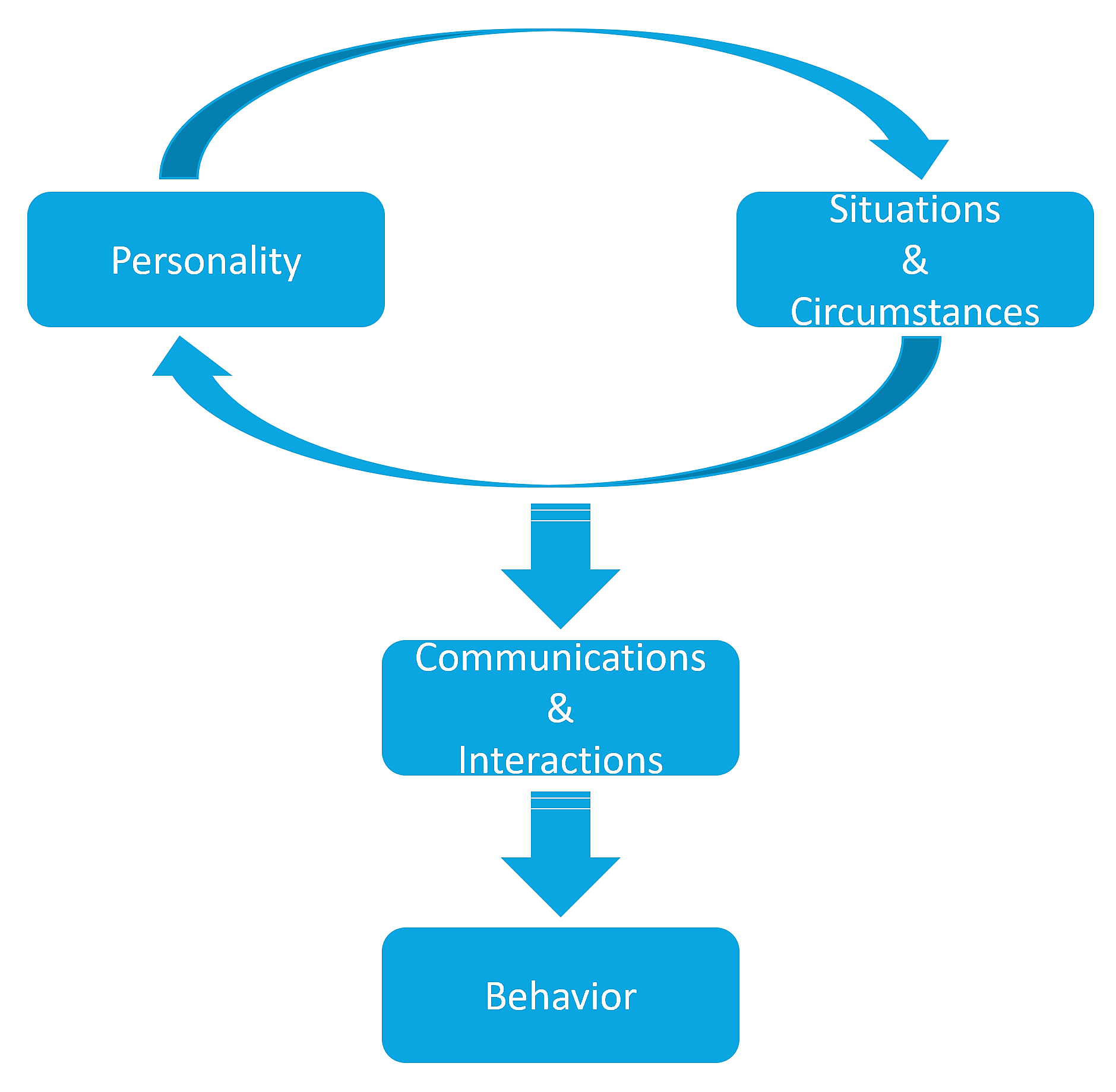Losing touch with patients is not an option!

In the past few months the healthcare industry has sped up the adoption and implementation of digital remote healthcare solutions to meet patients’ health-related preferences and at the same time overcome the challenges of social distancing and limited human interaction. The pharmaceutical industry is also moving forward on the subject of virtual and hybrid clinical trials.
The many benefits of virtual trials
It is indisputably true that virtual clinical trials bring both HCP’s and patients major benefits. If we can conduct a trial at the patient’s home, more potential patients are inclined to participate as traveling to the site is no longer needed. Technology like online recruitment, e-consent, clinical portals, remote monitoring devices, smartphone apps, and wearables will make data collection easier and more efficient. Because of these technologies patients can integrate trial participation much better in their day to day lives and HCP’s will have more time to focus on other critical tasks.
Today there are still a few challenges to overcome before we can embrace virtual trials as a mainstream approach. How do we secure data quality and data integration? Will all of this technology be accepted by all age groups? For which type of trials, conditions and patients are virtual trials feasible? How do we deal with technical malfunctions during the trial? These are some of the questions that needs to be answered, but I’m confident that we will come up with answers and solutions that maintain the integrity of clinical trials.
But there is a risk
However, virtual clinical trials also hold a challenge that has not been addressed sufficiently and that is the lack of interpersonal interaction. Virtual trials mean less in-person contacts between patients and HCP’s. In-person contacts will be replaced by virtual monitoring through wearable technologies, remote data collection by the patient, and digital communications like emails, tele- and video conferences. All of these contacts risk to be reduced to their two primary purposes: data extraction and execution of the trial protocol. There will be little time and opportunity left for human contact, socializing and most importantly: human touch.
Experienced reality affects our behavior
Misinterpretation in your communications with patients is something you want to avoid at all costs. It can create false expectations on both sides. Each of us has experienced that false expectations have a tremendous effect on how we experience reality. It often leads to disappointments, demotivation and discontent. It influences the way we act, the decisions we make and how we treat other people. In other words; how we experience reality affects our behavior.
Communications is not the only factor that influences human behavior. Personality, situations and circumstances also have a major effect. We have no control over personality and only limited control on situations and circumstances. But we can fully control how we communicate and interact with patients. And to improve these we need to have a better understanding on how they perceive and experience reality.
Stay in touch to improve adherence
Research has already proven that disappointed, demotivated and discontent patients are less likely to adhere or continue treatment. In clinical practice patient non-adherence is a worldwide and major issue, contributing to 200.000 premature deaths and costing €125 billion avoidable healthcare expenses each year in the EU alone. There is no doubt that, in despite of the controlled environment of a clinical trial, patient non-adherence has a similar, negative effect on clinical research and less interpersonal interaction will make things worse.
If we want to improve patient adherence then we need to understand how we can influence human behavior and for that communications is key. When we limit in-person human contact and rely more on digital technology, we need to find other ways to understand how patients really feel about their situation and what they need to persevere in reaching the goals they initially have set for themselves. We need to be able to truly stay in touch, even when there is no in-person contact.
Like or Share
Choose category
Latest posts
- 04 November, 2025
- Link2Trials Q&A_30
- 15 August, 2025
- Link2Trials Q&A_29
- 18 July, 2025
- Link2Trials Q&A_28
- 04 July, 2025
- Link2Trials Q&A_27
- 03 June, 2025
- Link2Trials Q&A_26


 Argentina
Argentina Australia
Australia Balgarija
Balgarija België
België Canada
Canada Česko
Česko Chile
Chile China (中国)
China (中国) Colombia
Colombia Danmark
Danmark Deutschland
Deutschland England
England España
España France
France Ireland
Ireland Italiana
Italiana Lietuva
Lietuva Magyarország
Magyarország Nederland
Nederland New Zealand
New Zealand Österreich
Österreich Polska
Polska Schweiz
Schweiz Singapore
Singapore Slovenija
Slovenija Slovensko
Slovensko Suomi
Suomi Sverige
Sverige United States
United States Israel
Israel


